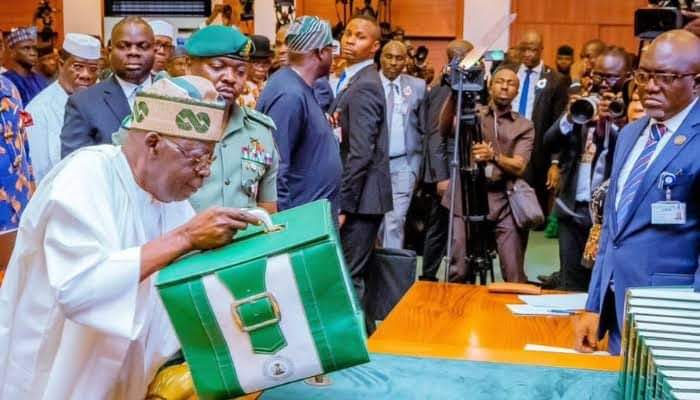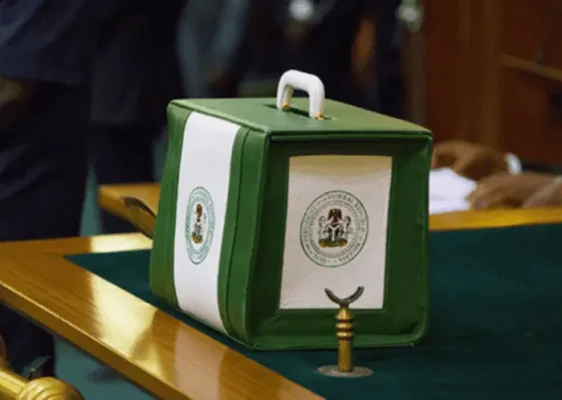Professor Uche Uwaleke, Nigeria’s first Professor of Capital Market and Director of the Institute of Capital Market Studies at Nasarawa State University, Keffi, has called on the federal government to redirect the alleged N113 billion allocated for vehicle purchases in the 2025 budget to infrastructure development across the country.
In an interview with the News Agency of Nigeria (NAN) on Friday in Abuja, Uwaleke expressed concern over the significant sum set aside for the procurement of vehicles by 288 government agencies in their 2025 capital budgets. He argued that importing these vehicles would further burden the country’s exchange rate.
Uwaleke suggested that the purchase of these vehicles should be delayed until 2026, allowing the funds to be redirected towards projects that could address Nigeria’s pressing issues such as boosting productivity, tackling inflation, and reducing unemployment.
He proposed launching a joint initiative between the federal and state governments called the “One District, One Product (ODOP)” programme, which could be implemented in each of Nigeria’s 109 senatorial districts. Each district, he suggested, could receive at least N1 billion to boost local productivity.

The professor also recommended reviving the “One Local Government, One Product (OLOP)” initiative, which had previously failed due to lack of attention. According to Uwaleke, the funds freed up by deferring vehicle purchases could also be used to provide local governments with at least N145 million each for developmental purposes.
Uwaleke emphasized that public spending should prioritize initiatives that yield maximum social benefits and economic efficiency. He also suggested that only locally made vehicles be considered for purchase to minimize the economic impact of such expenditures.
On December 18, 2024, President Bola Ahmed Tinubu presented the 2025 Budget of Restoration to the National Assembly. The budget highlighted a revenue generation of N14.55 trillion as of Q3 2024, which represents 75% of the annual target, while government expenditure stood at N21.60 trillion, accounting for 85% of the projected spend.
President Tinubu underscored the importance of infrastructure in his administration’s development agenda, with a proposed N4.06 trillion allocation for infrastructure, though he did not provide details on the distribution of funds across various projects. The President also reiterated the significance of the Renewed Hope Infrastructure Fund, an initiative launched earlier in his tenure, to drive investments in key sectors like energy, transport, and public works.
Despite global and domestic economic challenges, President Tinubu highlighted improvements in revenue collection and the gradual positive effects of public investments on Nigeria’s economy. He emphasised that increased government spending on infrastructure, security, and human capital development is critical to driving economic growth and recovery.


